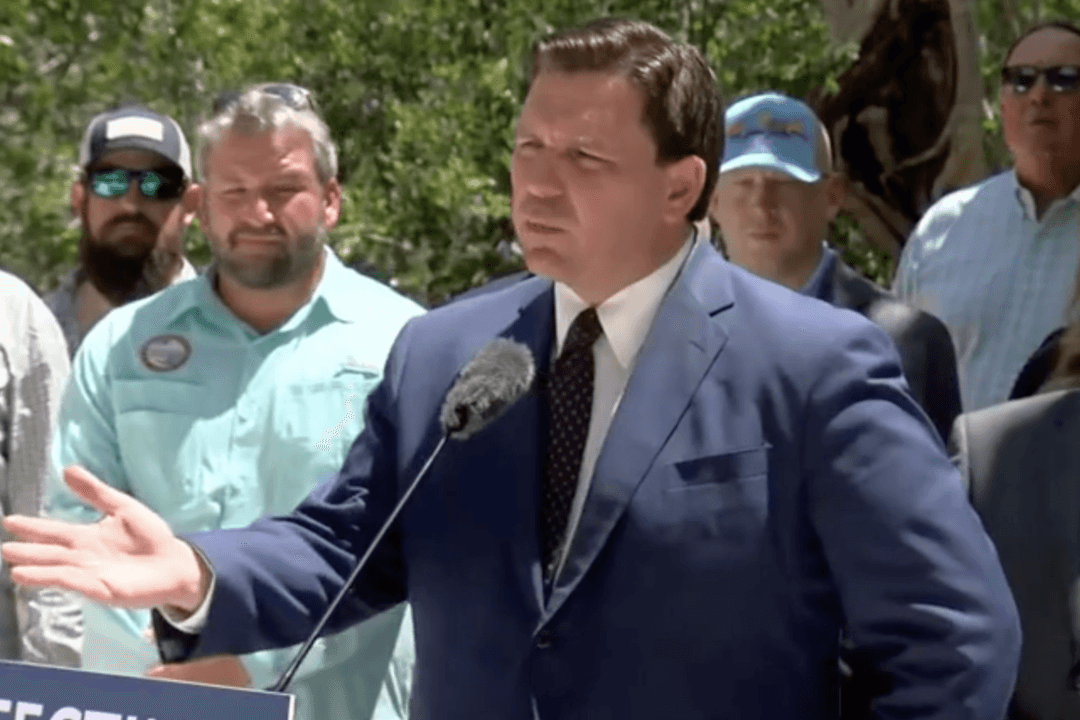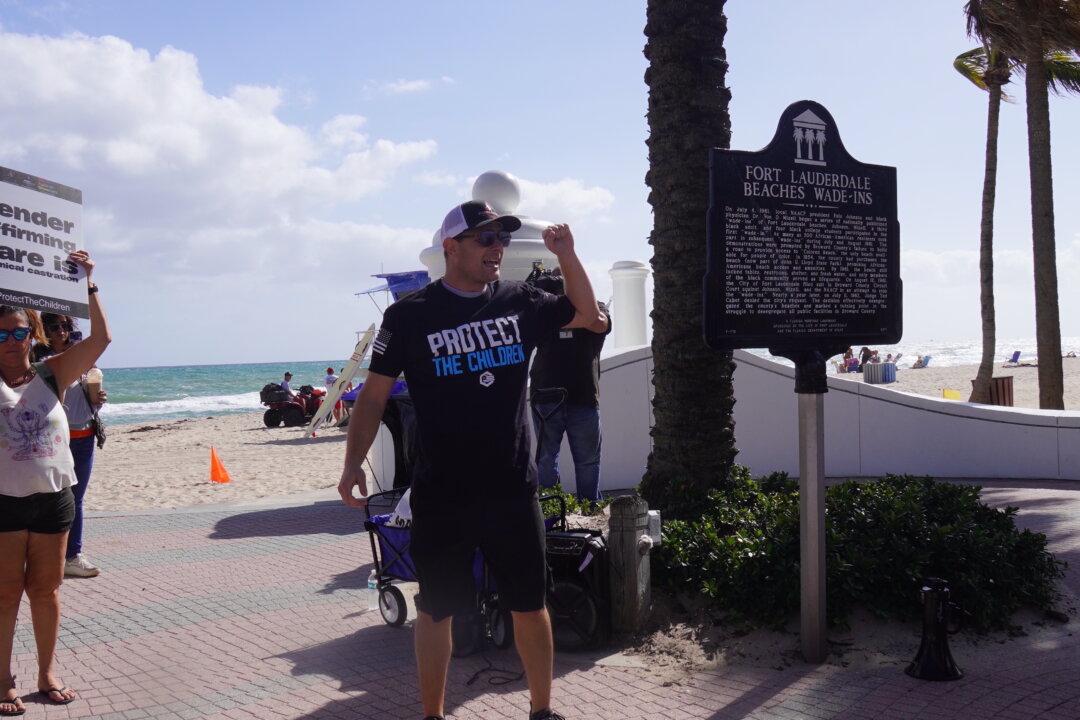Florida’s Gov. Ron DeSantis said on May 3 he is concerned about the national economy as he fears President Joe Biden’s policies will “plunge the United States into a recession.”
And DeSantis said that while inflation continues to rise with an upsurge in prices of goods, Florida’s economy is looking good.




